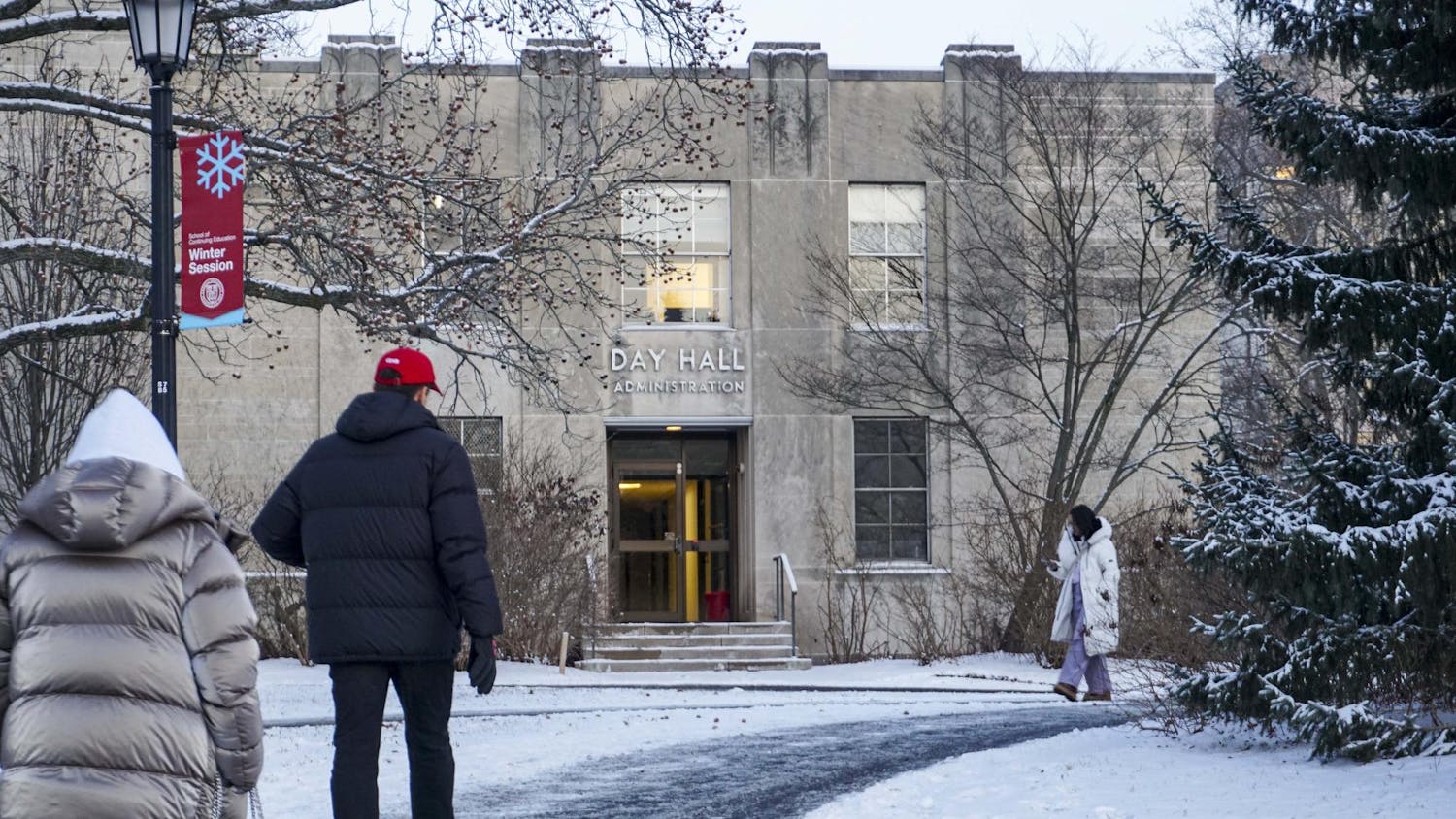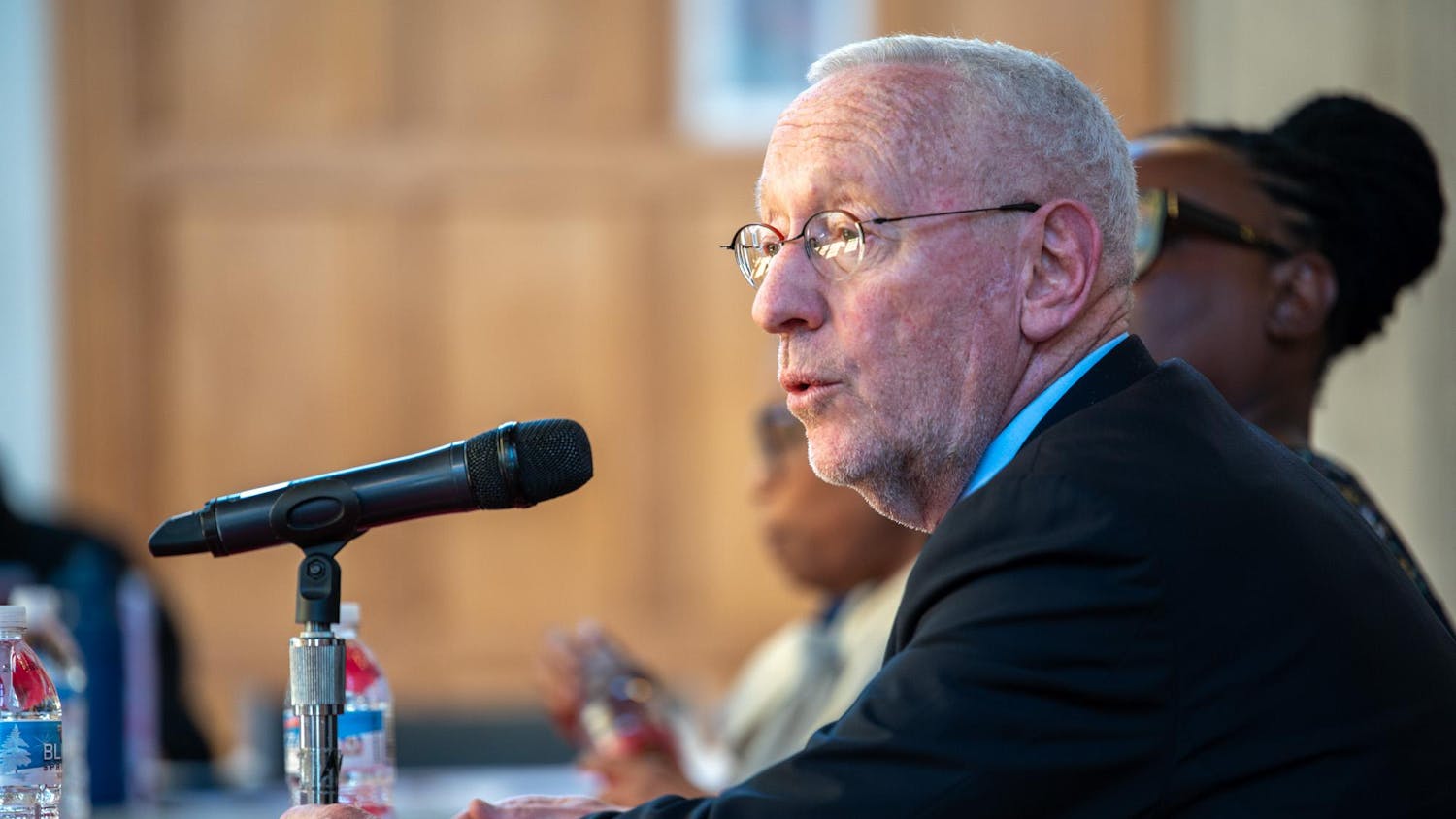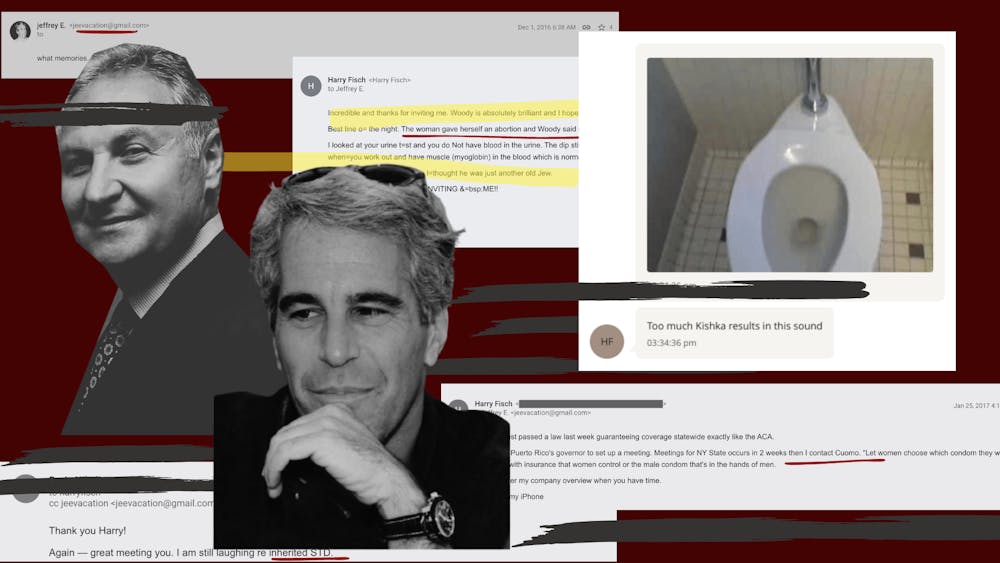The Student Assembly passed a resolution Thursday that would call upon Cornell to urge an association of universities to divest from the construction of an observatory on Hawaii’s indigenous lands.
“This resolution just simply asks that Cornell University respects the rights of indigenous people,” resolution sponsor Colin Benedict ’21 said at the meeting. Benedict is the vice president of diversity and inclusion and minority liaison at-large.
Protests over the observatory — planned to be built on the summit of Mauna Kea, a sacred place, according to native Hawaiians — began during a groundbreaking ceremony in 2014. Protestors then blocked construction, beginning in 2015. Hawaii Gov. David Ige signed an emergency proclamation shortly after a protest on July 18 to increase law enforcement on the site.
According to Benedict, Cornell has been complicit in uprooting Hawaii’s indigenous people through its membership in the Association of Universities for Research in Astronomy, a group of over 40 U.S. institutions and international affiliates that creates and operates astronomical observation facilities for research.
AURA — of which Harvard, Princeton and Yale are also members — joined the Thirty Meter Telescope Observatory Corporation’s governing board in 2014, after TMT proposed the plan to build the observatory in question. Institutions that want to join AURA pay a $10,000 initiation fee and then a $2,000 annual fee to maintain its membership.
If the University approves this resolution, Cornell could become the first Ivy League member in AURA to condemn the proposed construction in Mauna Kea, according to Benedict.
“The reason why I’ve been trying to push this resolution through so quickly is because over the next few weeks, a lot of the protestors have expressed a lot of fear, that the National Guard … will use extremely violent means to remove them from the mountains,” Benedict said.
S.A. Executive Vice President Cat Huang ’21 said at the meeting that this resolution was not a divestment resolution, but was only pressing the University to demand that AURA relieve funds from TMT’s Mauna Kea observatory.
In July, the Association of Native Americans at Yale hosted a letter-writing campaign, urging Yale’s astronomy department to support Native Hawaiians rather than TMT’s proposed observatory. Yale has not commented on the matter.
University of Washington faculty sent a letter to the university’s president over its involvement in the issue in July. The letter asked that the president condemn the increased military and law enforcement used against the protestors.
After Benedict presented the resolution, College of Arts & Sciences representative Julian Kroll ’20 expressed concerns over the wording in the resolution, which describes the proposed construction as part of a “genocidal act” against Hawaii’s indigenous population.
“I would wonder whether apartheid might be a better term [instead of genocide] because of the transgressions specifically listed in [the resolution] seem similar to those of an apartheid state,” Kroll said.
Benedict, joined by a few other S.A. members at the meeting, defended the word choice, citing the cultural and social impacts the construction in Mauna Kea has on the indigenous people.
The resolution passed unanimously with one abstention. It will now make its way to President Martha Pollack.
https://cornell.app.box.com/s/yrs4d5purt5jnxk9j47ok9nqwtd1t85n

Student Assembly Urges Divestment from Construction of Observatory on ‘Sacred’ Hawaiian Mountain
Reading time: about 3 minutes
Read More










